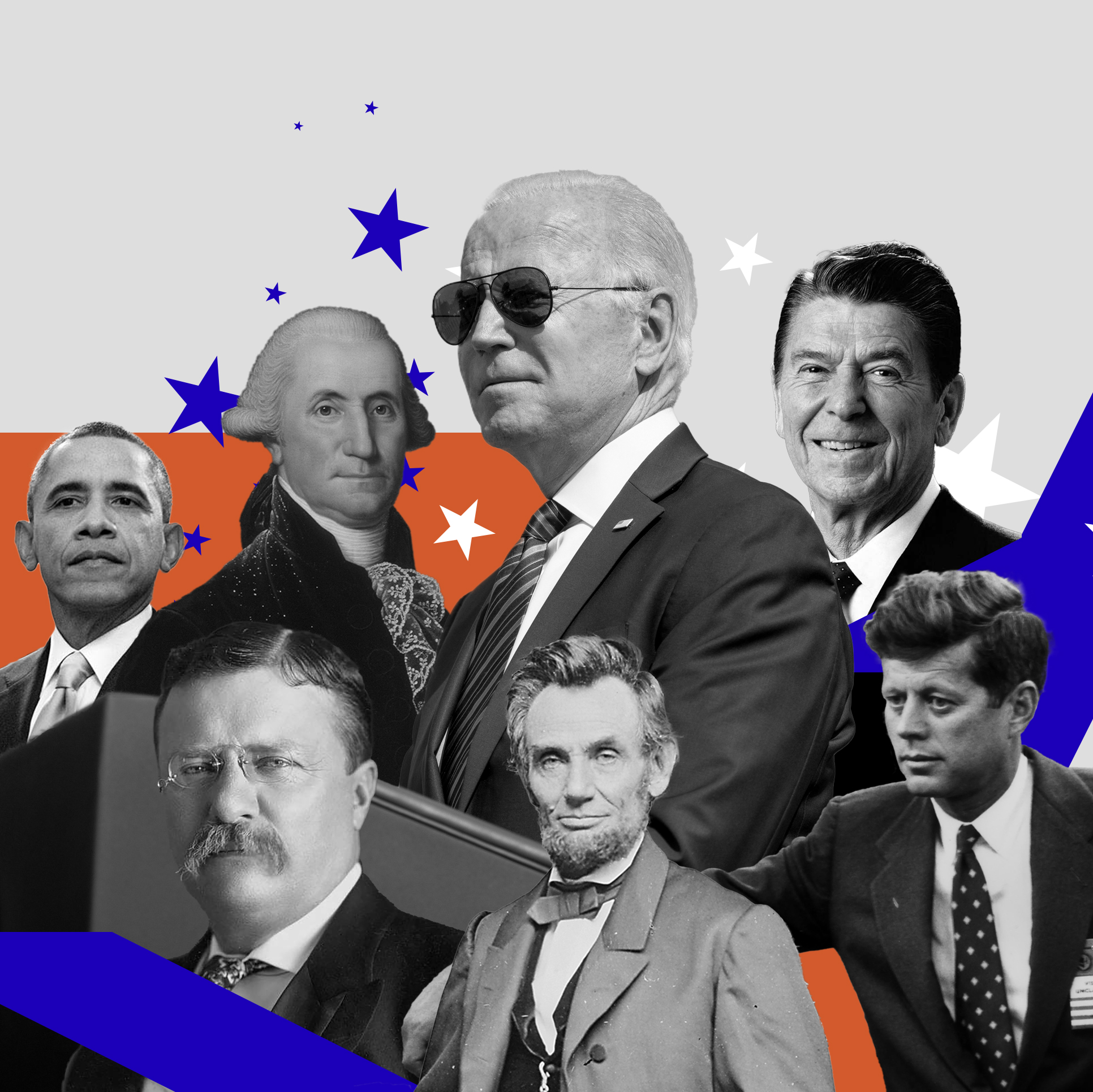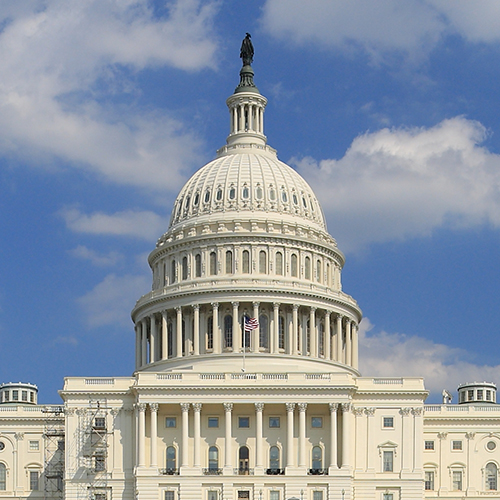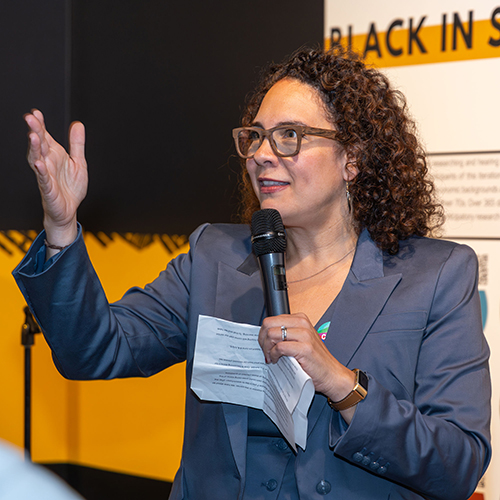The explosive laugh. The lively stories. The nervous pacing across the stage. When Jon Bridgman lectures, audiences are riveted. He is renowned for his ability to breathe life into historical events—something he’s been doing at the UW for forty years.
Even in retirement, Bridgman continues to teach two undergraduate classes each year as well as a wildly popular lecture series co-sponsored by the UW Alumni Association and the College of Arts and Sciences. His teaching has inspired former students, fans, and friends to make gifts to the University to create the Jon Bridgman Endowed Professorship in History. Gifts and pledges of more than $230,000 have already been received (toward the $250,000 minimum required for a professorship).
The generous support for this professorship hints at the many lives Bridgman has touched. By his own estimate, he has taught about 25,000 students during his years at the University.
Bridgman almost took a different path. He intended to become an attorney like his father and brother. His plans were dashed during a stint in the U.S. Navy. He completed his law school application while serving as a gunnery officer on a destroyer in the Pacific, but he forgot to mail the application before receiving emergency orders to ship out. “When I returned a month later, I discovered I’d missed the application deadline for law school,” recalls Bridgman. “So I decided to go to graduate school in history instead.”
His arrival at the UW was equally serendipitous. Bridgman was completing his graduate studies at Stanford University when a former classmate, then teaching at the UW, convinced the University of Washington to hire Bridgman. No interviews, no campus visit, none of the hoops faculty candidates face today.
"I remember I was in a graduate class at Stanford and someone told me I had a long distance call,” says Bridgman. “At the other end was Professor Stull Holt from the UW offering me a job with a salary of $6,000 a year. He asked, ‘Do you want time to think it over?’ I answered, ‘I don’t need time. The answer is yes.’ That was it.”
Bridgman did have some previous teaching experience. At Stanford, he served as a teaching assistant one year and taught his own freshman survey class the following year. “I was wild to get in front of a classroom,” he recalls. Even as an undergraduate, Bridgman “would sit in a lecture course— even a very good one—and automatically think in my head how I would rearrange the information. That’s extremely arrogant for an 18-year-old to do, but that’s part of how you learn.”
At the UW, Bridgman was assigned a large lecture course, which was a new experience for him. He remembers standing in the front of an empty lecture hall in Thomson Hall before the quarter began, to get a feel for his new role. “Still, my first lectures were awful,” he says. “They were muddled beyond belief. By mid-quarter, about half the class had left.”
Bridgman soon became more comfortable with lecturing and quickly developed a reputation as one of the University’s most engaging professors. He received the University’s Distinguished Teaching Award in 1973, and his courses have been among the most popular on campus for decades.
Asked about his knack for teaching, Bridgman underplays his talents. He does, however, admit to a “strong instinct” for clarity in his lectures. “My talent is I can simplify complex issues—at least get so students have some sense of the thrust of what they were about,” he says. He adds, “If people don’t understand the lecture, you have to figure out where you lost them. I try to give lectures that anticipate that.”
Admirers of Jon Bridgman’s lectures might welcome a typed copy of one, but they’d be out of luck. Every lecture he writes is thrown away after he presents it.
Why reinvent the wheel each time? “I find I can’t read my own handwriting later,” he explains, only half joking. Then he adds, “As you proceed through life, you’ll read something that gives you some insight, and all your subsequent lectures are influenced by that. It gives you a new way of proceeding.”
Fortunately, Bridgman rarely experiences writer’s block. After glancing at books on the lecture topic to get his creative juices flowing, he gives a title to the lecture. From that moment on, he says, “I can’t get the words down fast enough.” Still, Bridgman realizes his approach is a bit . . . unusual.
What I admire are the people who have neatly typed lectures that they update every year. That’s the rational method. Mine is irrational. But I tried that approach and, for me, it failed miserably.
“What I admire are the people who have neatly typed lectures that they update every year,” he says. “That’s the rational method. Mine is irrational. But I tried that approach and, for me, it failed miserably.”
Although he is most recognized for his brilliant teaching, Bridgman also has published several books during his years at the University. He credits colleagues in the Department of History—especially Professor Donald Treadgold—with making that happen.
Bridgman claims that after writing a book about German Southwest Africa, he let it sit on his shelf for months without contacting a publisher. “Don Treadgold asked if he could see it, and he and [Professor] Arther Ferrell did some editing,” recalls Bridgman. “Then, while I was vacationing in Hawaii for two weeks, they went ahead and sent it off to University of California Press.” A bit sneaky, but it worked: the press agreed to publish the book.
Bridgman enjoys recounting this episode and others that demonstrate how his colleagues in the Department of History have contributed to his success in academia. So it comes as no surprise that he wants their talents acknowledged in the professorship that will bear his name.
“Naturally I’m flattered by the professorship,” he explains, “but I also feel slightly uncomfortable. I think others—like Giovanni Costigan and Don Treadgold—were really the crown jewels in the department. I don’t like to be put in the limelight.”
Of course it’s too late for Bridgman to avoid the limelight. His name is familiar to nearly every UW undergraduate from the last four decades, and his annual lectures for the UW Alumni Association since 1987 have added to his legend.
Bridgman can only guess at the influence he may have had on the thousands of students who have taken his classes. Sometimes he hears from them years later and discovers how he played a role in their development. He’s almost always surprised.
“That’s part of teaching,” he says. “You intersect with a life in an odd way, and you may have an influence you don’t realize you’re having.”
But sometimes you get feedback right away. One of Bridgman’s favorite compliments came recently, from a twelve-year-old boy who attended one of his Alumni Association lectures. “He came up to me after a lecture and said, ‘My teacher said if we came to these lectures, we’d get extra credit,’” Bridgman recalls. “And then he said, ‘I just wanted to tell you that they weren’t as boring as I thought they would be.’”
“Now that,” says Bridgman, “is a real compliment.”
More Stories

Is This Presidential Campaign Different?
UW History professor Margaret O'Mara provides historical context for this moment in US presidential politics.

Making Sense of This Political Moment
To navigate this momentous election season, Arts & Sciences faculty suggest 10 books about the US political landscape.

Interrupting Privilege Starts with Listening
Personal stories are integral to Interrupting Privilege, a UW program that leans into difficult intergenerational discussions about race and privilege.